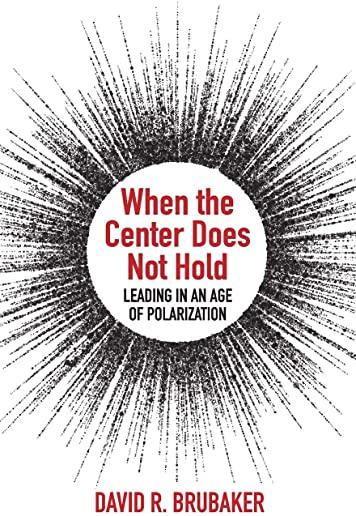
description
olume outlines the contributions and culture of Minnesota's Finnish Americans, perhaps best known for their cooperative ventures, their political involvement, and, of course, their saunas. Minnesota's first Finnish immigrants settled in the south-central area of the state shortly after arriving in 1864; they were the vanguard for thousands who eventually and resolutely placed Minnesota second among the states in terms of Finnish population. Today we may recognize Minnesota's "Finnishness" in the popular sauna, in the characteristic tenacity known as sisu, or in place names and cultural markers that link to homeland. Finns in Minnesota traces the Finns' migration to the state, their log construction techniques, and their ethnic organizations, from religious to political to fraternal. Colorful sidebars enliven the narrative, highlighting such topics as "Finglish," New World legends, and the 1920s Olympic competitors in track and field known as the "Flying Finns." A separate thread tells the story of the Finland Swedes--"the minority within a minority"--whose members were born in Finland but spoke Swedish and thus straddled two ethnic groups, belonging fully to neither. The book concludes with a personal narrative of Fred Torma (1888-1979), a miner and carpenter from Nashwauk, who describes establishing a Socialist hall, involvement in the 1907 Mesabi strike, and founding a cooperative boardinghouse and store. His is just one engaging example of the vibrant lives and legacy of Finnish Americans in Minnesota.
member goods
No member items were found under this heading.
notems store
Return Policy
All sales are final
Shipping
No special shipping considerations available.
Shipping fees determined at checkout.







